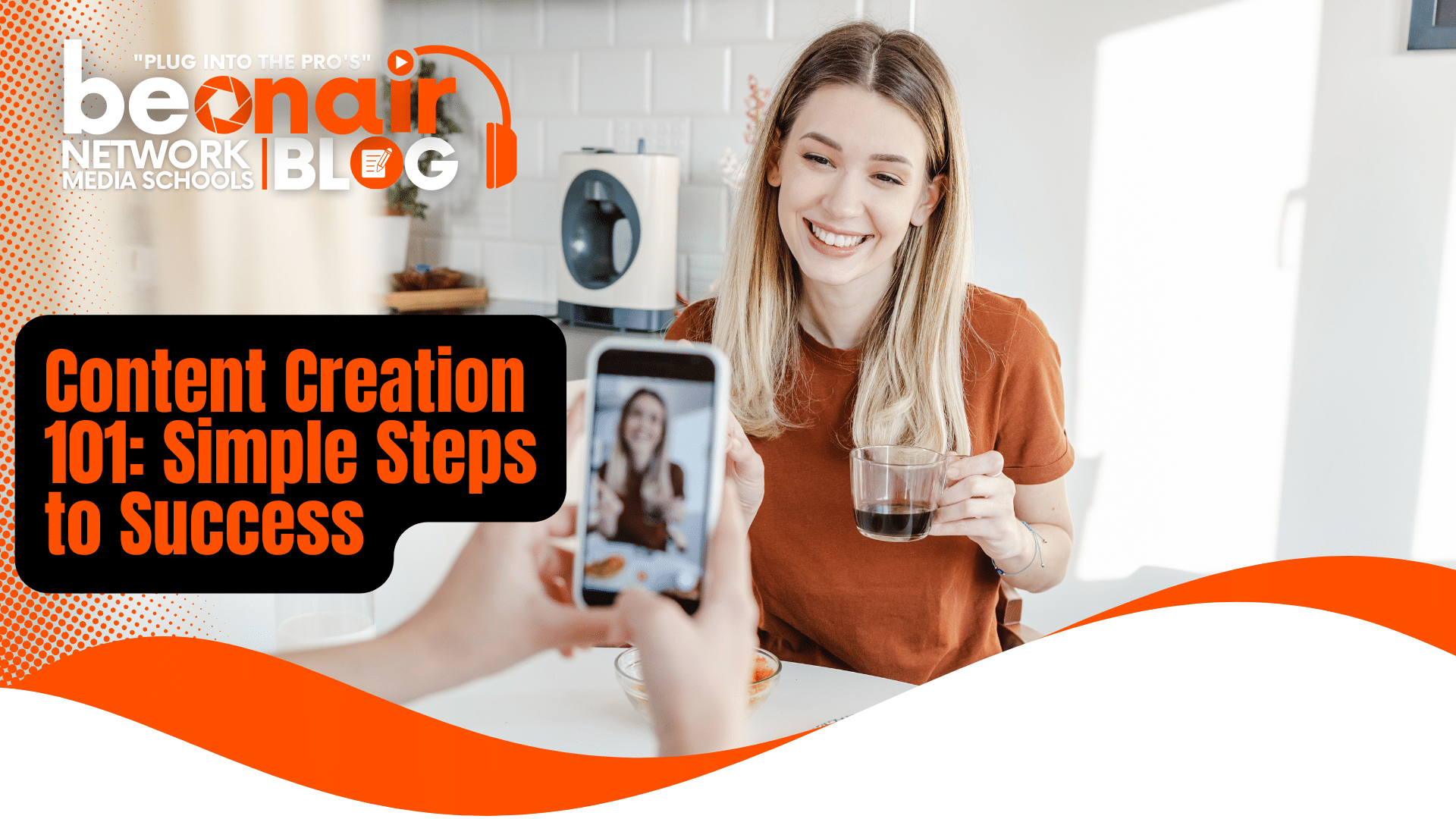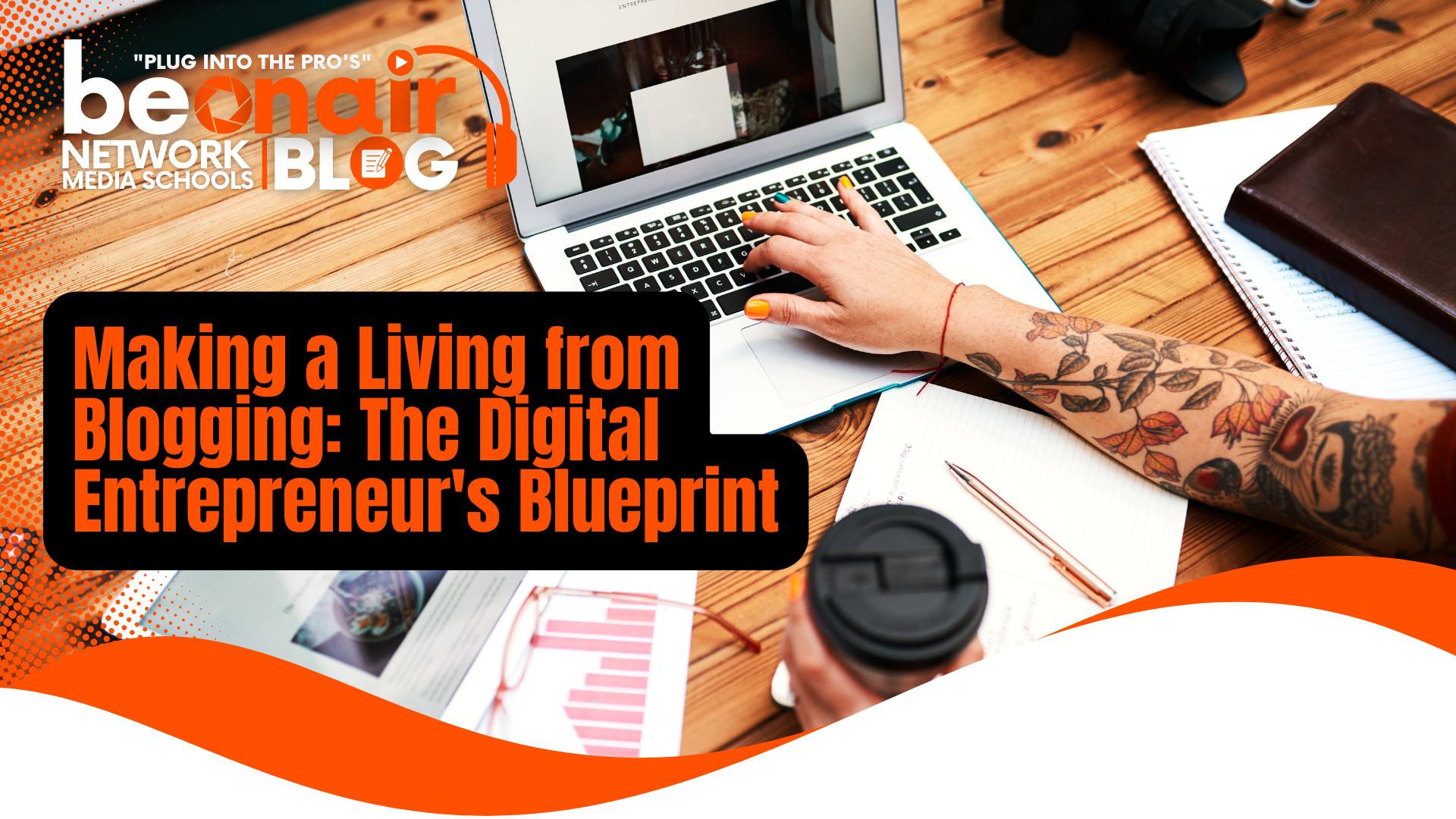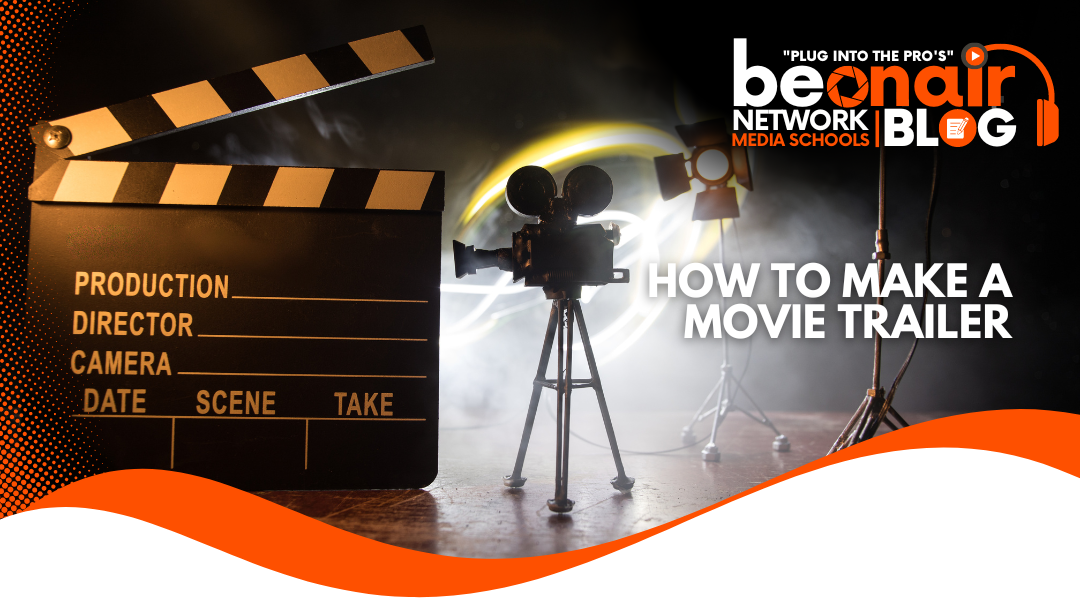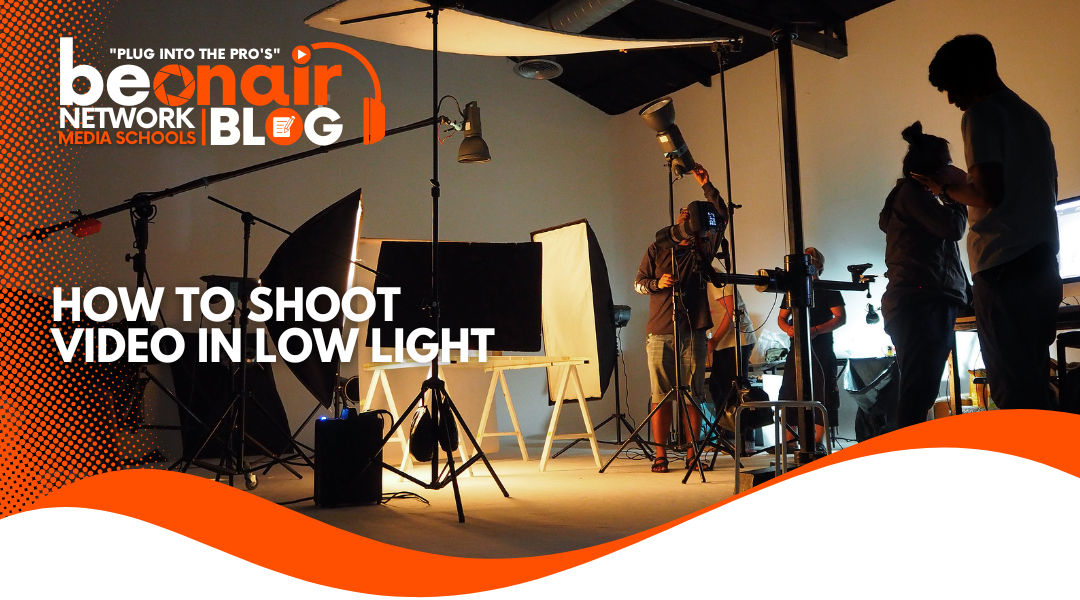
Best Interview Questions for Broadcasters
Before broadcasters start an interview, they should always have proper questions in mind to ask of the person (or persons) being interviewed. By asking the right questions, broadcasters create a higher quality and more informative interview.
Here are ten such questions (and related general concepts) to keep in mind.
Ten Questions All Broadcasters Should Ask During an Interview
- Tell Me about Your Yourself/Your Background: you want to start an interview off with a soft question to get the subject to open up. This creates an inviting atmosphere and makes them more likely to answer your questions.
- Who: approach an interview from the mindset of your viewers. They need the basics to understand a story. Asking an interview subject about themselves allows them explain who they are to you, while informing the audience.
- What: an interview paints a picture in the mind of the viewer/listener. Simply asking what happened lays the groundwork for why the interview is occurring and you can then further expand into details.
- Why: in many cases viewers want to know why an event occurred not just what happened. “Why did this happen?” is an open-ended question that allows an interview subject to frame important people, events, and discussions into the story’s narrative.
- When: interviews need not be about current events, so establishing a time frame of events can establish the historical significance of a story, and allow for in depth questions about it.
- How: the “how” of an event is always important. Explaining this (i.e. how a local ordinance was passed) removes confusion and organizes the events of a story into a logical order.
- Open-Ended Questions: not so much a general question as a way of formatting a response. If possible, avoid asking yes and no questions. An open-ended question requires thought, detail, and a real response. This can be as simple as “What was going through your mind during [event]?”
- Using Closed-Ended Questions: closed-ended questions do have their uses. They are especially useful for ending an interview in a concise way and also dealing with time constraints. Closed-ended questions are also good when you want a direct answer to a specific question.
- Hard Questions: a hard question can cover controversies, bad press, legal concerns, or be categorized as blunt. However, once an interviewer has established good rapport with the interviewee, hard questions can provide very powerful responses.
- Know When to Go Off Topic: an interview composed entirely of pointed, “deep” questions can result in an interview subject shutting themselves off. Lighter more random questions help keep a subject from feeling on guard and keeps the conversation flowing. Know when to pull back.
Media Schools
Broadcasting is a challenging profession and offers several unique opportunities. To be the best broadcaster you can be requires a strong educational foundation. Broadcast journalism courses allow you to learn the skills you need to make broadcasting your career. Enrolling at a broadcast college such as our Media Schools allows you to develop your talents and succeed in this challenging and fulfilling profession.
Get More Info (Zap)
Form to request info

